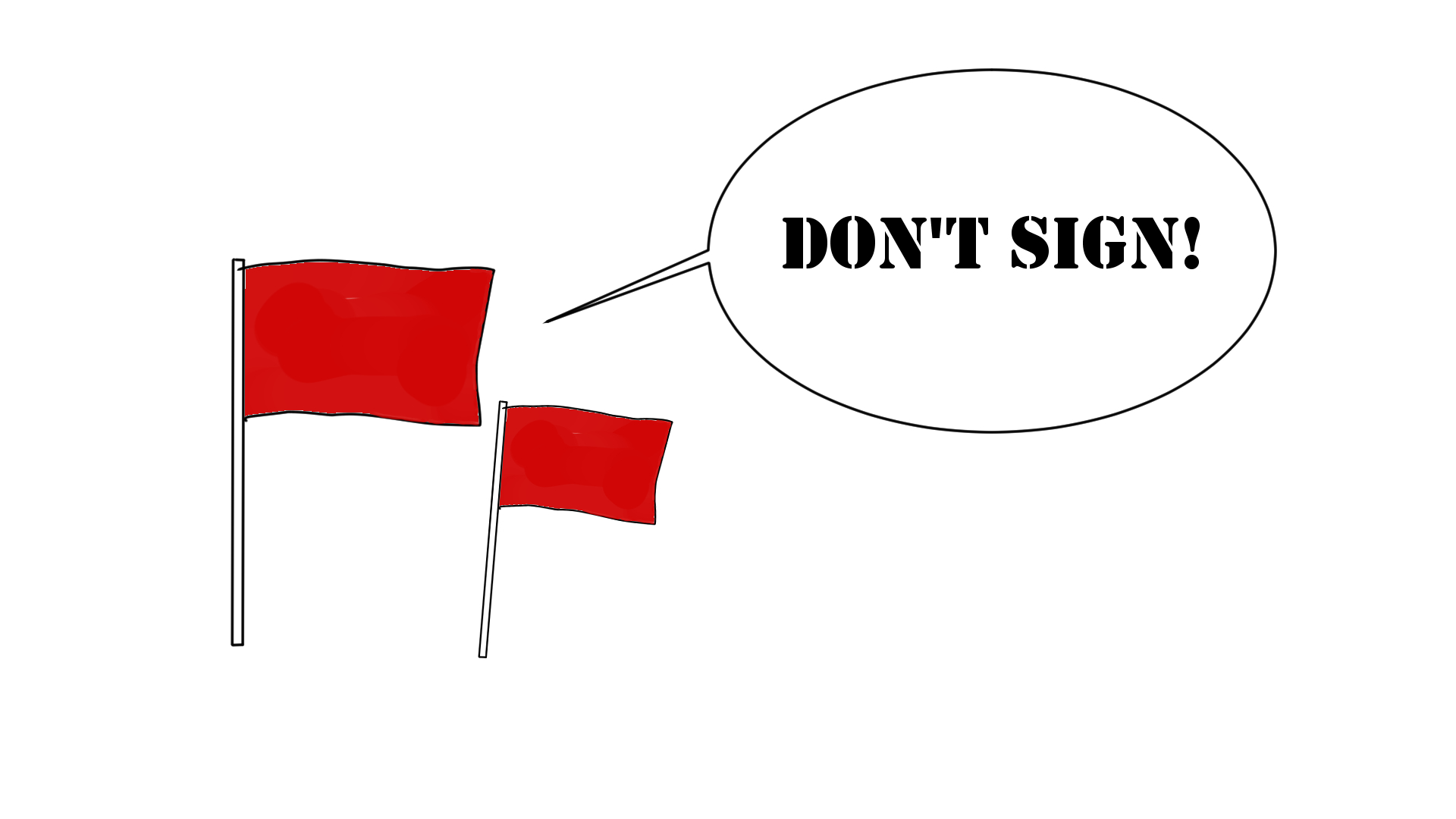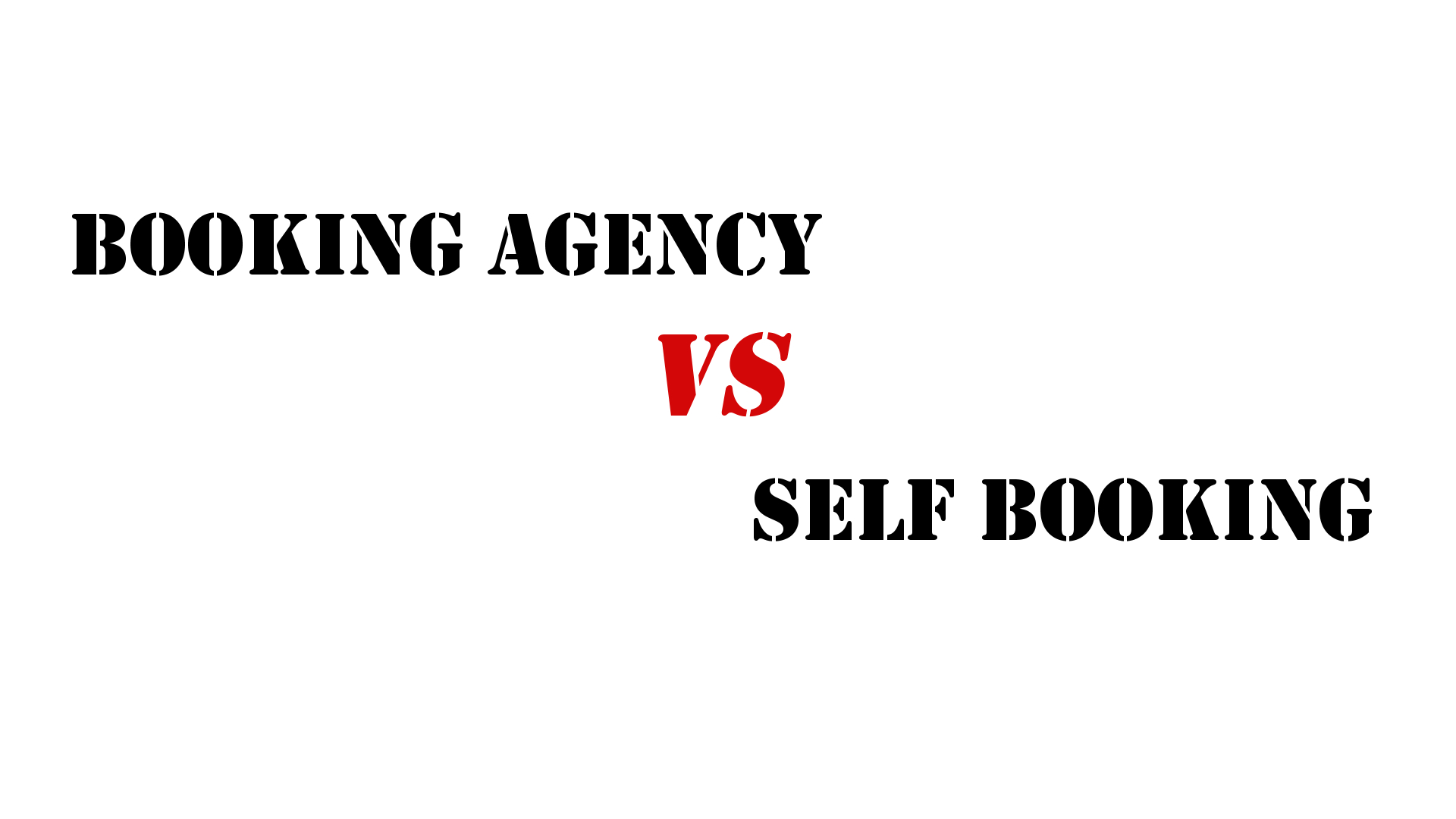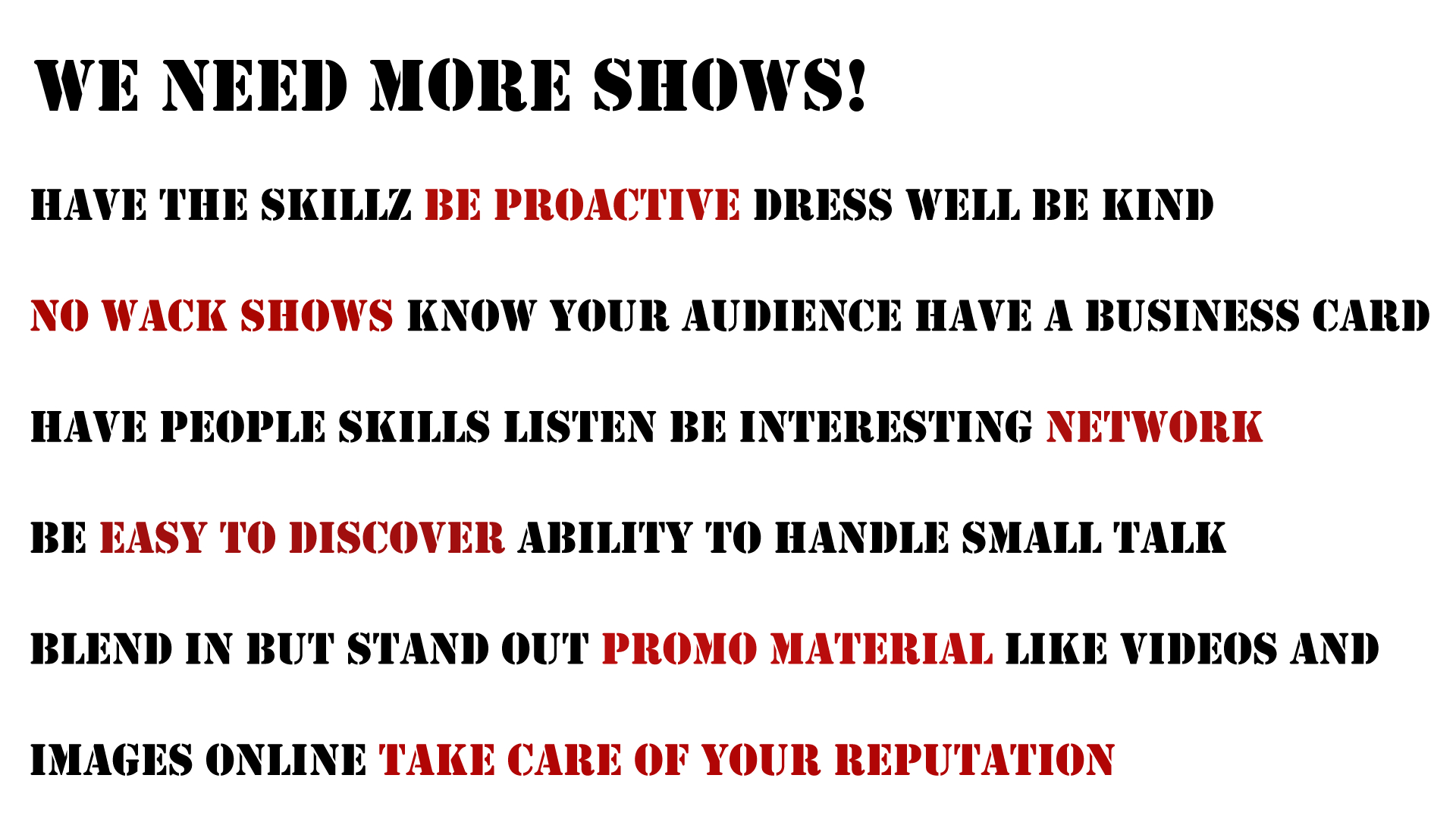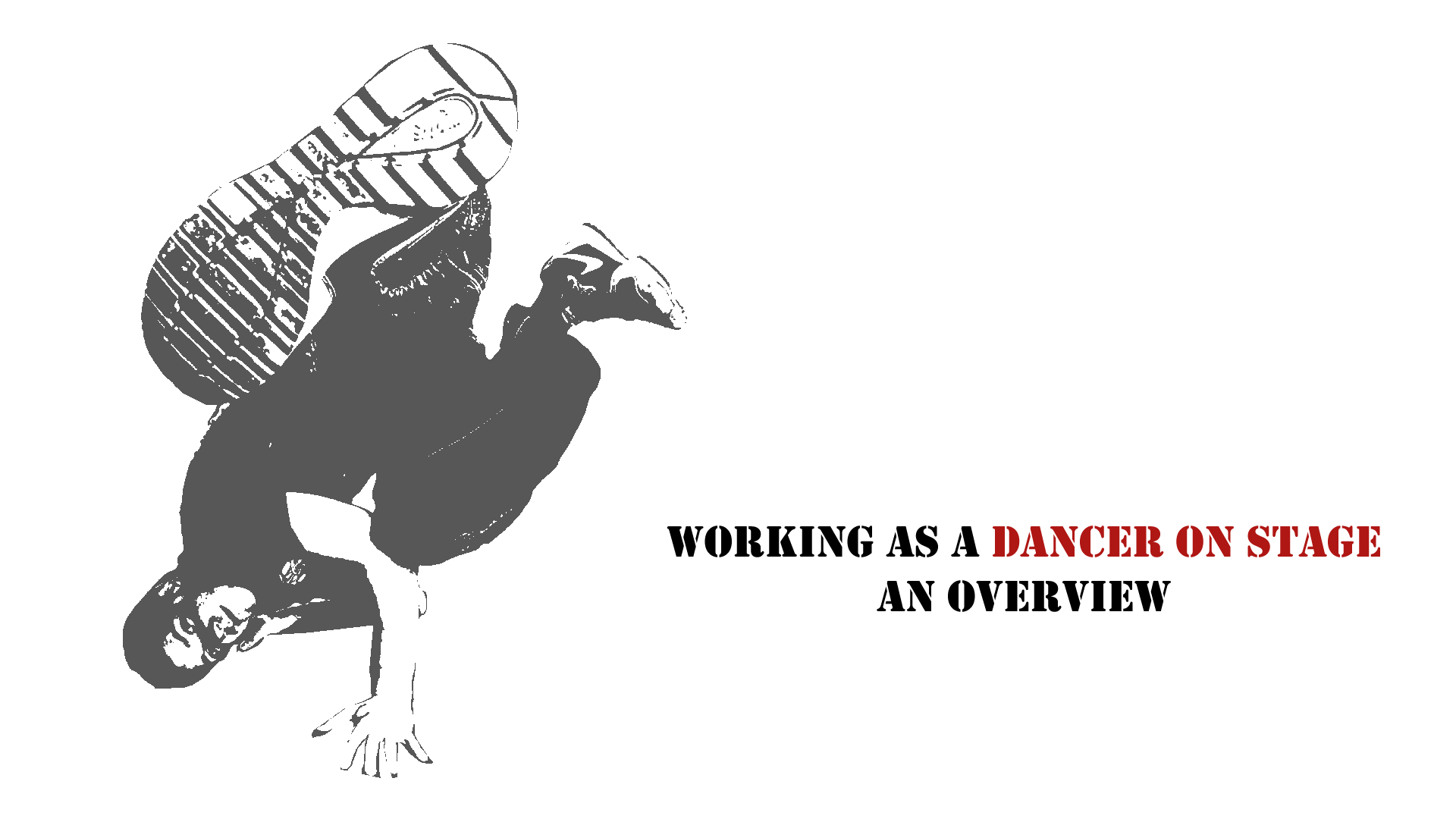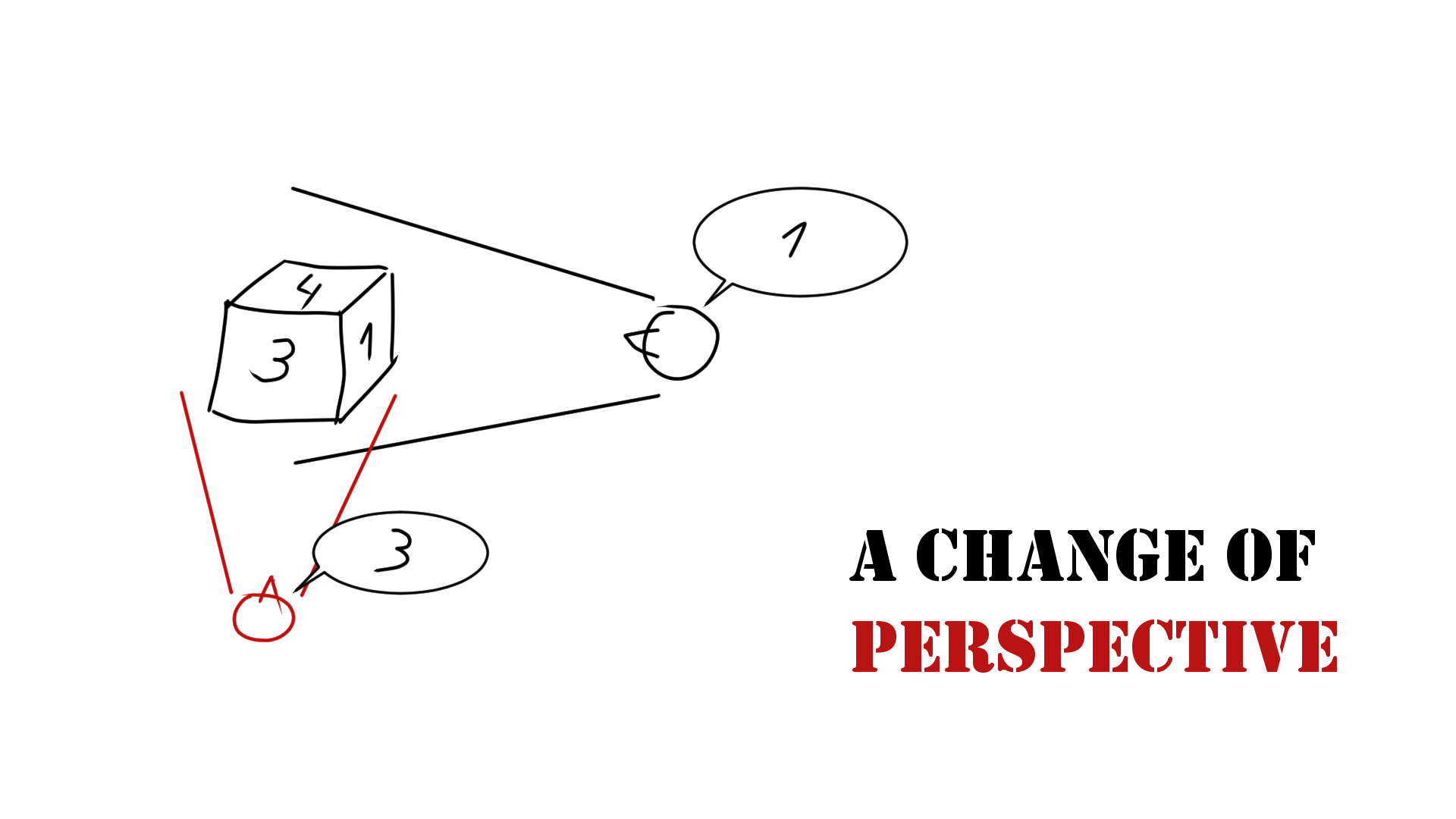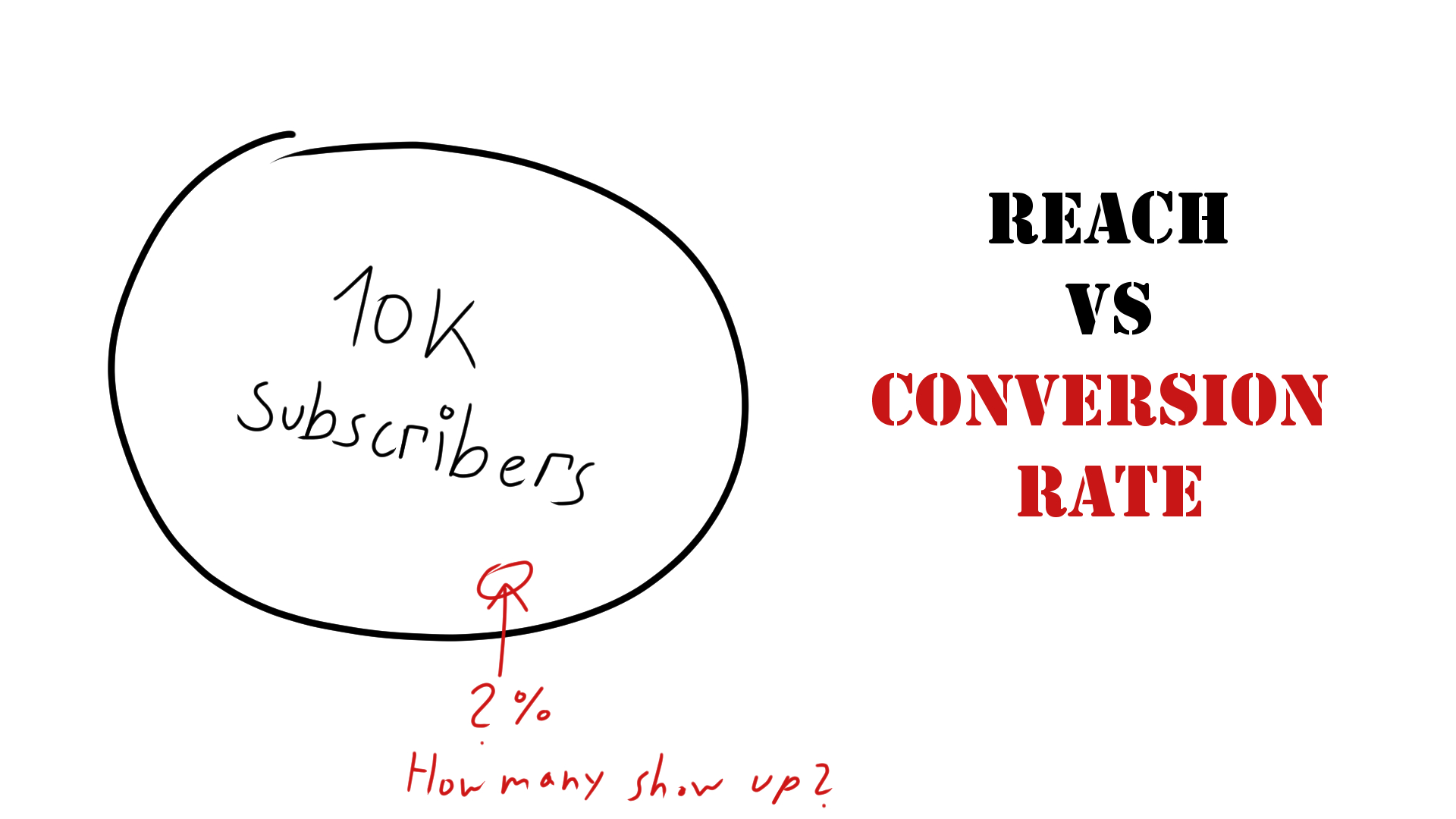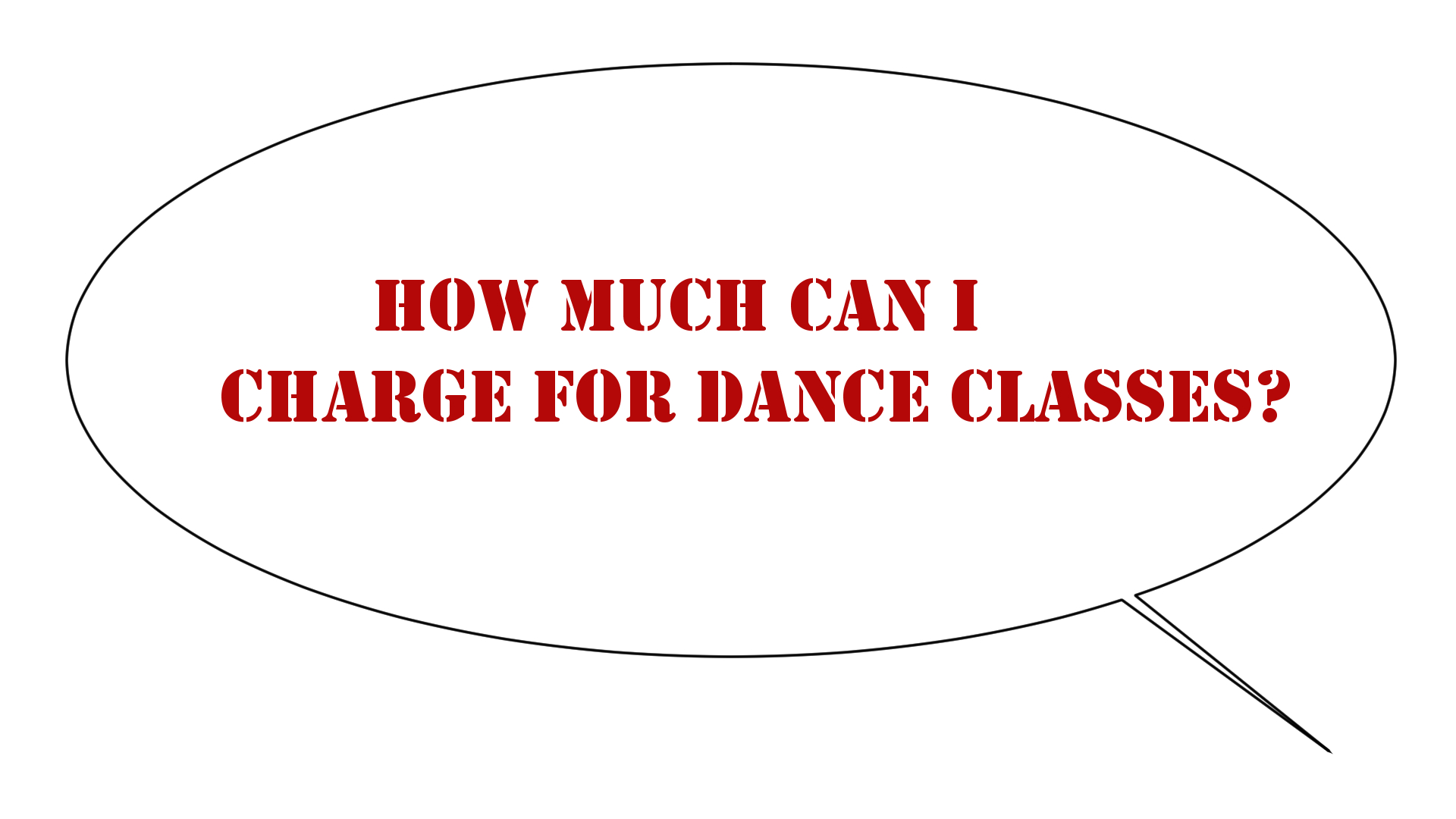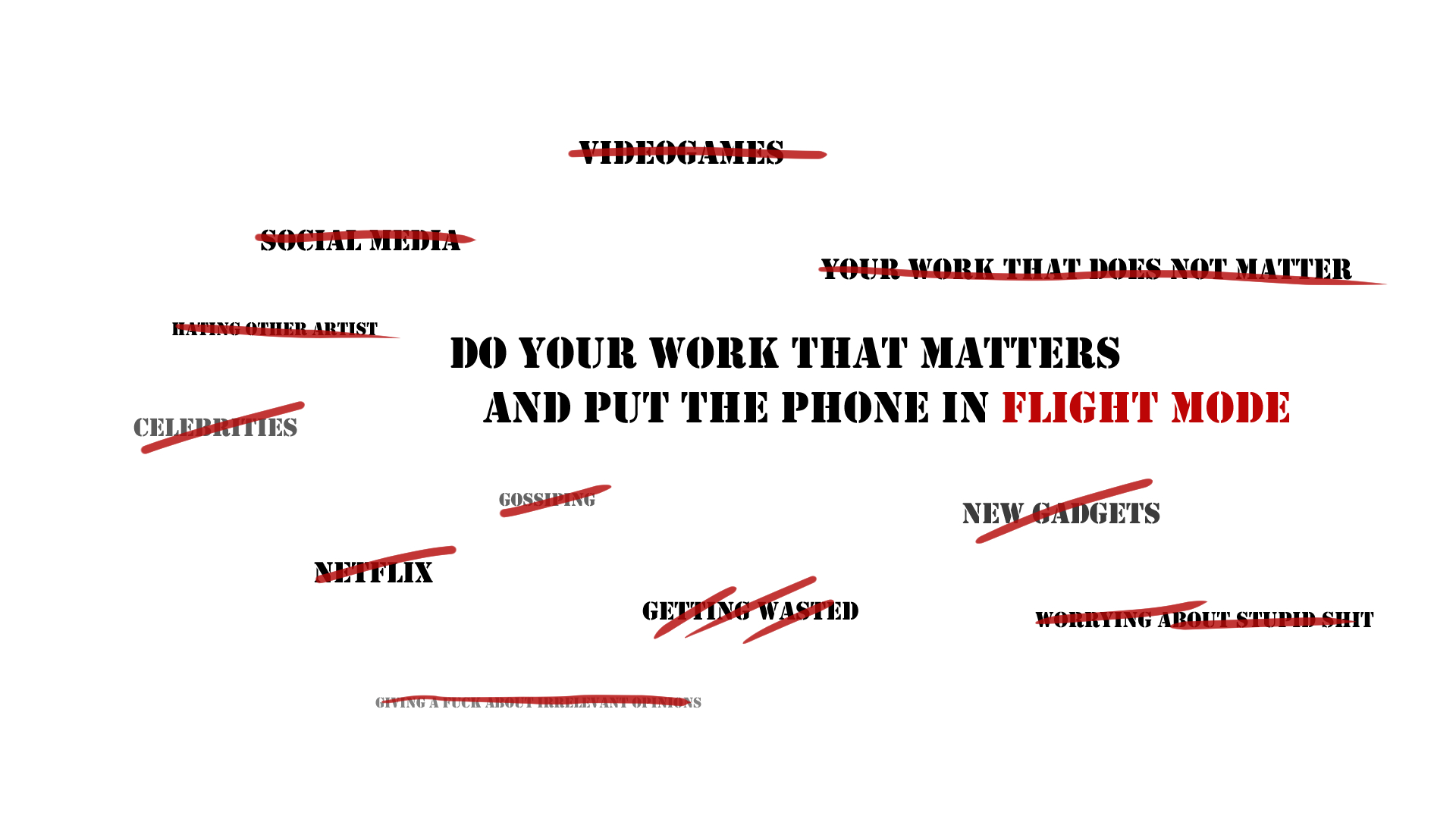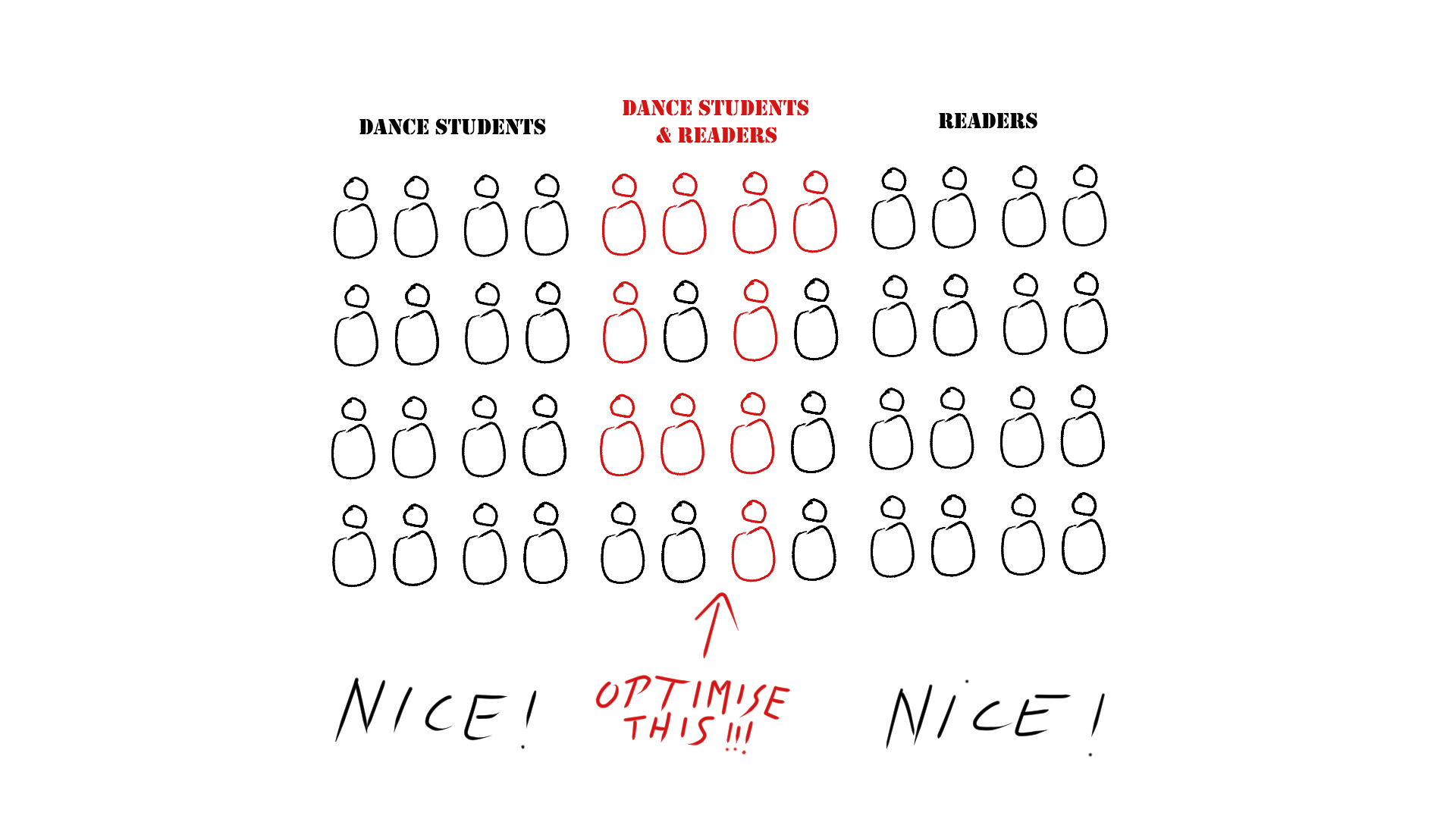You are ready to launch into the dance industry and found an agency that is eager to sign you? That’s amazing. But be careful and take the time to read your contract to avoid signing with a scammy agency. Sadly they are out there. Here are some points you should look out for. All of them in isolation might be fine, but when more of them come together, you might rethink if you can trust that agency.
Membership Fees
Real agencies know they earn money with every job you dance. Therefore they don’t ask for any fee to include you in their catalog. Some real agencies have this as well to prevent people who are not serious from applying. But if you want to ignore it, make sure that none of the other points is a match as well.
An exhaustive catalog that lacks definition
If the agency has a million different artists without a clear direction or categorization, this is a problem. Especially if it comes together with membership fees. Do the math yourself. If you take the membership fee, they asked for and multiply it with the artist in the catalog, is there an additional need for the agency to sell any jobs or are they already set?
No active promotion
If they don’t offer any other promotion besides the catalog on their website, they probably don’t put in any work. Ignore this for agencies that are big in their respective industries.
No detail interest in you or your work
If the agency is asking for no or very little detail or reference material, you should ask yourself how are they going to sell you. The same goes if they never ask for updates of your work or references.
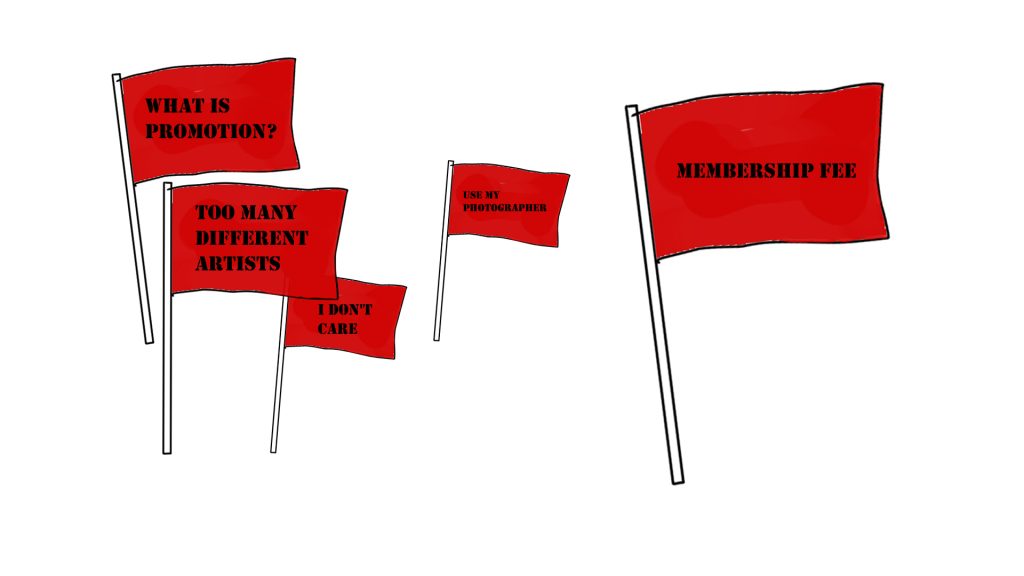
Automated registration
If you can sign up online and pop up on their homepage without ever talking (or writing) with an actual human, it does not look like there is an interest in providing quality as obviously nobody reviewed your application.
You need to use their photographer or videographer
When your material is good, and they still want you to create new things with their photographer or camera guys, and you need to pay for it. If they cover the costs, it should be fine.
They don’t require a written contract
A contract is there to secure both parties in your working relationship. Only forgo this if you know that guys personally and you trust them.
Sign Now
If they use a time-constraint to put pressure on you to sign the contract. If they see your work as a benefit for their agency and not only your money, there is no reason to make a fast deal but a good one.
You know nobody
If the agency is active in your area, it is improbable that you know nobody in their catalog. Check with your circle if anyone knows the other dancers to find out if they are real or fake.
Not every agency is a scam, and there is no need for paranoia. But when you encounter multiple of the points above, it is probably wise to continue your search instead of signing.

